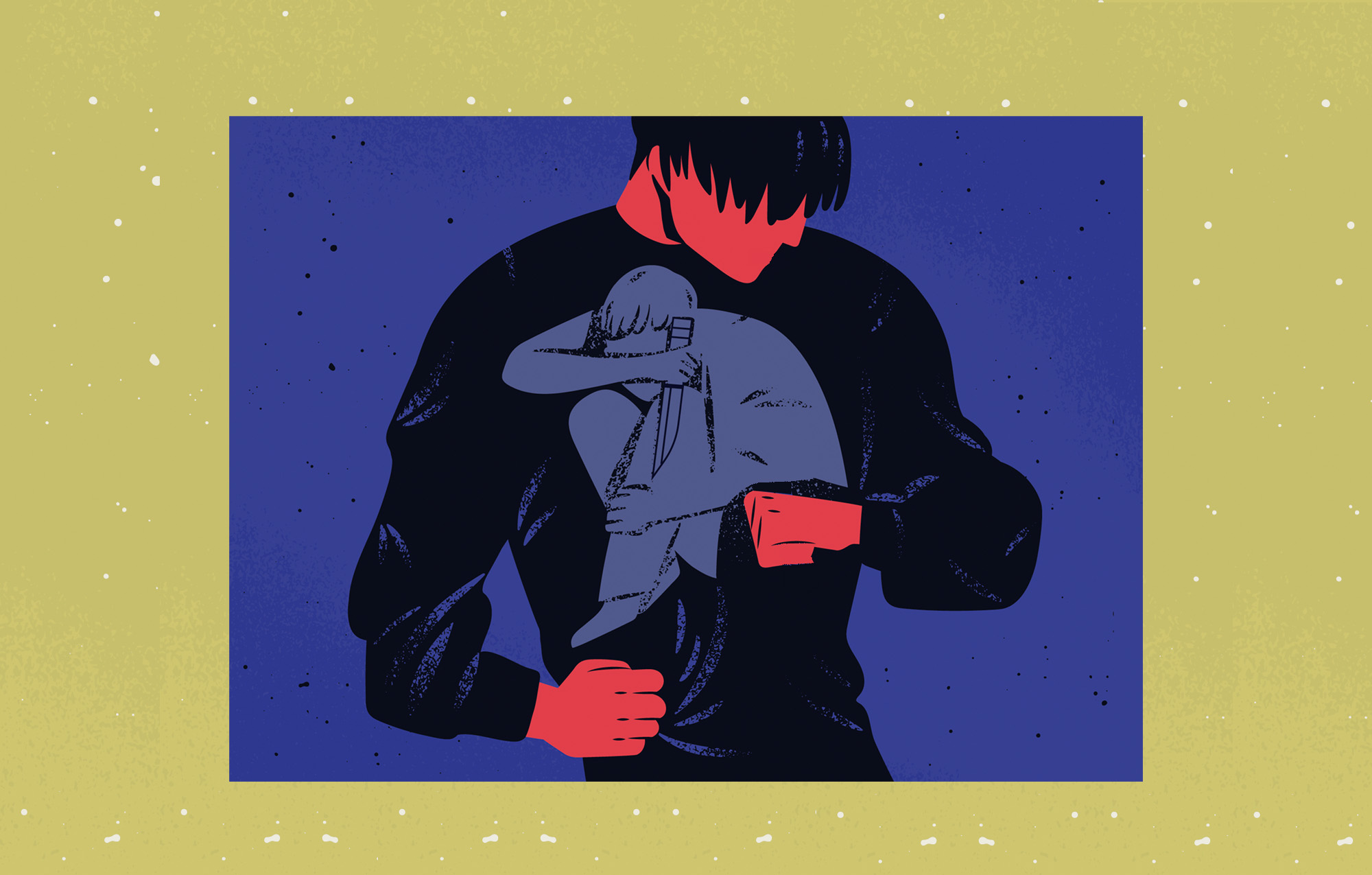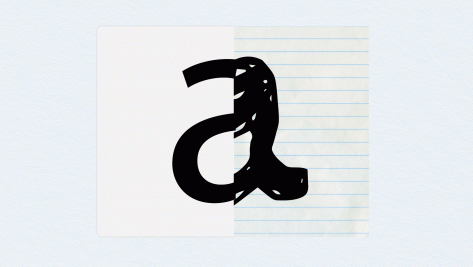For those of us who have applied their minds to any field of the humanities, Hannah Arendt’s magnum opus, Eichmann in Jerusalem: A Report on the Banality of Evil, is one of the most iconic works of the post-modern era. A Holocaust survivor herself, Arendt witnessed firsthand the infernal horror that humankind can bring upon itself and perform atrocities with a relatively easy conscience. Arendt’s title, itself, is quite telling. Indeed, evil is so banal that the first recorded murder in history was a fratricide: when an envious brother, Cain, killed the other, Abel. Mind you, the perpetrator was man’s very first born.
When God confronted Cain with his heinous crime and delivered His verdict on it, Cain showed no remorse—merely fear for his own life. Had Cain known the consequences, would he have still killed his brother? Had he no conscience? It seems so. Conscience is an inner feeling; and feelings are developed and acquired; they are not innate. Thus, for feelings to develop, a stimulus is necessary and that stimulus, in order to incite a cognitive or emotive response, must be perceived. Perception is, foremost, a faculty of consciousness – at all its levels. That is to say, a person can only be conscientious insofar they are conscious first.
As for the unconscious mind, it cannot generate thoughts or emotions on its own, independent of the conscious mind. Therefore, the whole of its reservoir derives from the conscious mind, reflections and representations, mere reproductions. As John Bargh and Ezequiel Morsella determine, the unconscious mind is, in itself, a ‘shadow’ of the conscious one, and thus it could be argued that the primary distinction between the unconscious and conscious mind is the order (or modus operandi) that our cognitive faculties instill upon our purposive volition.
With respect to Cain, the biblical account offers no information to determine with any degree of certainty whether his conscious mind had reason to cultivate and export conscience to the unconscious mind. Yet, the more compelling question is: Was he conscious at the time of execution? I would wager not. He undertook the requisite movements of eliminating the competition in order to ease what ailed him. The strain of his frustration and envy grew to such an extent that Cain’s unconscious mind – reckoning the lack of action under the rule of the conscious mind to provide a satisfactory remedy – assumed control of the body and, unbridled from cognition and the limiting parameters of what is good, Cain acted solely upon the dictates of physical ability… and killed Abel. This was not simply the first recorded murder. This was man’s first act of war against another man.
Humankind reproduced and multiplied in number as millennia passed – and that despicable enterprise of war also scaled up in scope. Soon it was house against house, tribe against tribe, town against town and so on, and then came the term World War.
In 1914, Europe sleepwalked into war, to borrow Christopher Clark’s The Sleepwalkers: How Europe Went to War in 1914 – and by virtue of their imperial outreach, the conflict spread to other continents, technically speaking to whichever land identified within the dominion of any European empire at the time, making the European war a World War. In his book, Clark presents the major events that shaped European interrelations in the few years leading up to the First World War – including the trigger that was the assassination of Archduke Franz Ferdinand – and demonstrates how none of the belligerent parties had a clear understanding as to why they were actually going to war and were even perplexed by its outbreak.
We spare no medium nor channel to talk eloquently and at length about peace, but we spend more on building instruments of war.
An era of romanticism nurtured the suggestible mind of the crowd during this time, with people unconsciously taking to the term The Great War, “the war to end all wars.” Yet there was nothing romantic nor great about it, just horror. Ultimately, that war concluded with the unrealistic and impracticable (from an economic perspective) Treaty of Versailles 1919. In fact, economists including John Maynard Keynes predicted that the European economy would collapse if Germany paid the reparations in full. It produced a woeful economic reality for Germany throughout the 1920s, which in turn became the Nazis stepping stone to power through the promise of reversing the humiliation of the Versailles Treaty, which inevitably brought about the Second World War.
During the interwar period (November 11, 1918 – September 1, 1939) and after WWII came to an end, the great powers hoped that by inculcating peace-promoting norms into the international system, they could minimize the possibility of war breaking out again on European soil.
Political scientists and theorists, such as Kenneth N. Waltz, have spent years studying this system, its structures, and acting units. Waltz deducted that the system is anarchic and comprised of survival-seeking units (i.e. states). Granted, the system is anarchic; and, admittedly, the acting units are survival-seeking. What neither Waltz nor other researchers were able to perceive is that those great powers amongst the acting units have not yet retrieved a state of full consciousness since the First World War.
From the first collective unconscious act of plunging the world into a war to the catastrophic peace treaty it produced, which inadvertently led to the second war, and from the failed League of Nations to the Atlantic Charter of 1941 followed by the United Nations Charter and the establishment of that organization and its Security Council (not to mention a great number of agreements, treaties, and pacts), leaders and citizens have consistently and emphatically talked of peace. Paradoxically, at the heart of it, all that which has been done has been a mere instatement of order unto the enterprise of war.
The global reported humanitarian funding for 2021 amounted to $26.4 billion while the military expenditure of South Korea, the 10th ranking country of the countries with the highest military expenditure in 2020, was $45.7 billion. We spare no medium nor channel to talk eloquently and at length about peace, but we spend more on building instruments of war (including strategic defense, deterrents, and capabilities) than on anything else.
How could we possibly hope for that poetic mantra of “never again, never again” to withstand the blows of our relentless effort to contrive greater and greater war machinery? Indeed, the Ukraine crisis has put this mantra to the test of conscious truth.
We have been living in a simulation of peace since the end of World War II – a hyper-reality, a simulacrum – and have not seen it for its alétheia (the unconcealedness of its truth). The vast majority of charters and treaties tend to enumerate measures to penalize and retaliate against aggression rather than focus on collective constructs and frameworks that transcend with peace into a state of perdurable actuality. In short, in our quest to eradicate any motive for war, we have simply created outlines of casus bellis.
The unconscious mind is at the helm
Still trapped in the years of war, the great powers are haunted by the notion that the enemy lurks behind the door, and entertain the presentiment of being caught off-guard by the other side who is ready to destroy everything for which we stand (morals and principles, model of governance, way of life). Consider Operation Cyclone, a CIA “program to arm and finance the Afghan mujahideen in Afghanistan from 1979 to 1992…” wherein the United States opted for one version of darkness to counter another. Far more appalling still, the current war on Ukraine. Not only were Russians and Ukrainians compatriots through long intervals of time, but they are, foremost, kins. Yet, among other things, fear of the other side, namely NATO, has pushed Putin into such a state of paranoia to launch a military operation against Russia’s own kin.
Now that the world is in a state of imminent danger of a World War, the result of the crisis in Ukraine, the prevalent simulacrum of unconscious peace – one secured through instruments of war – faces an inevitable demise. For the truth of the matter, consciously perceived, is that we can only achieve peace by eradicating from our collective mind all prospects of gains that war might yield in absolute terms.
Alas! We are that lost in the void audience, absorbed into an infinite realm of simulations and simulacra, which the high priest of post-modernism, Jean Baudrillard, had observed an audience that is not simply absent-minded, but absent: lost in its own images, absorbed into its own terminals.
It is all too ironic that Putin, who criticized Americans in his 2007 Munich Speech for an obsession with ensuring absolute invulnerability and further asserted that “absolute invulnerability for one means absolute vulnerability for all the others”, would 15 years later militarily pursue that very same end and thereby increase everyone’s vulnerability, particularly that of his own country.
This is all, unfortunately, no surprise to the meanest intelligence. After all, we have interminably fed ourselves that evolutionary concept of our being social animals – to the point where our self-perception of being res cogitans (i.e. thinking things in Cartesian terminology) is totally alienated. Even worse, we have unpardonably obscured the true meaning of education that would up-build the social animal, assimilated in that Greek term paideía (παιδεία) which, philosophically understood, is an imperative to tame oneself.
© IE Insights.











